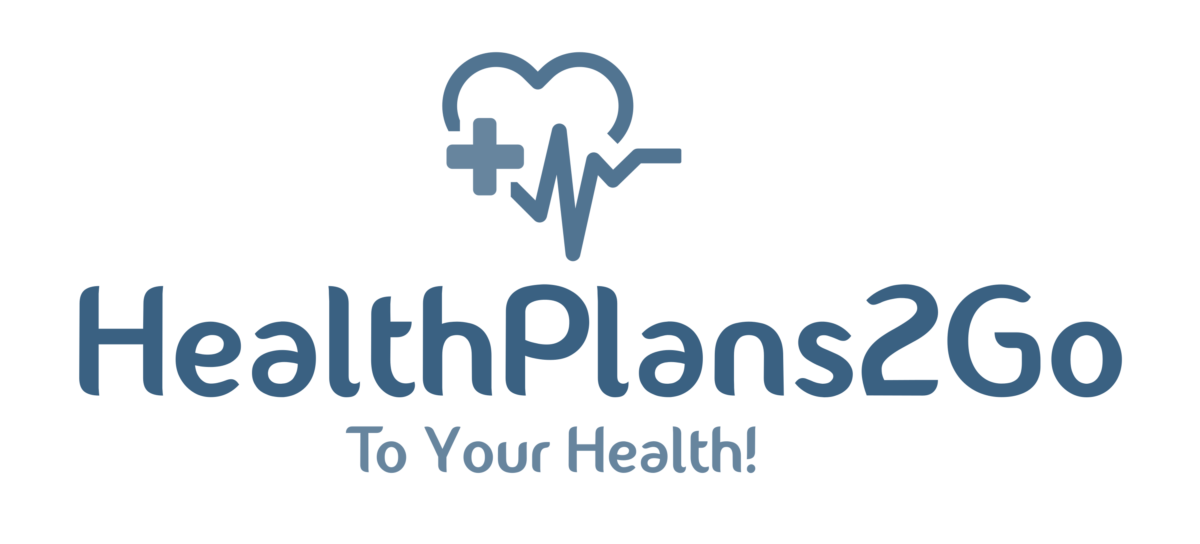Short-Term Health Insurance
COMPARE PLANSDoes it seem like lately everything is up in the air? There’s no doubt that for most people, constant turmoil results in worry and confusion. We like things we can count on.
Although the health insurance industry is struggling under the unexpected rise in healthcare cases, national companies like UnitedHealthcare, Humana, and National General are financially stable enough to weather the storm.
If, however, you find yourself or a family member caught between jobs, have children in school out of state, or find yourself without coverage and waiting for the ACA Open Enrollment, a Short-Term Health Insurance policy will likely be your best solution.
What is Short-Term Health Insurance?
Short-term health insurance is a temporary health insurance policy that is designed for healthy individuals and families who need a bridge from one comprehensive health insurance plan to another.
For example, if you have left an employer where you were receiving group health insurance and cannot afford the COBRA coverage while you are waiting on a new group health plan to kick in, a short-term health policy can affordably fill that gap.
For many consumers, the most attractive part of short-term health insurance is the lower premium compared to a full-blown health insurance policy. The difference is significant.
Other attractive features and benefits are the ability to get immediate coverage, flexible coverages, the ability to build your own plan according to your needs and budget.
How does Short-Term Health Insurance Work?
To understand how short-term health plans work, we need to provide a little history of how the plans have changed over the past few years.
It used to be that short-term health plans were defined by the government as temporary health insurance with a policy period that was less than one year.
Then, when the ACA (Obamacare) came on the scene, the government intended to change the allowable policy term to three-months so that the plans could only be purchased as a short-term bridge until a full-blown comprehensive plan could be obtained either as an individual plan through Obamacare or as a group plan through an employer.
Then, when the Trump administration took office, new regulations were implemented that would roll-back the previous restrictions placed on short-term health insurance by the Obama administration.
Therefore, effective October 2, 2018, the government changed the rules to allow short-term health insurance policies with policy terms up to 364 days with the option to renew up to 3 times (not to exceed 36 months of consecutive coverage).
Unfortunately, government involvement doesn’t end at the fed. Each state also plays a role in what plans can be sold, if any, and set term limits on plans sold in each particular state.
In fact, if you live in the following eleven states, you can stop reading because these states do not permit the sale of short-term health insurance within its borders.
| California | Colorado |
| Connecticut | Hawaii |
| Maine | Massachusetts |
| New Jersey | New Mexico |
| New York | Rhode Island |
| Vermont |
What does Short-Term Health Insurance Cover?
Most short-term health insurance policies provide the same medical benefits and allow the applicant to select the deductibles, copay, and coinsurance that meets the applicant’s individual needs and budget.
What does Short-Term Health Insurance Not Cover?
Your short-term health policy will exclude pre-existing conditions, maternity, and any fees charged before or after the policy term. See your policy for a complete list of exclusion before agreeing to purchase your short-term health insurance.
What are the Pros and Cons of Short-Term Health Insurance?
No health insurance policy is going to cover all things for all policyholders. Even the most comprehensive health plan is going to leave policyholders with out-of-pocket expenses as a result of deductibles, copays, and coinsurance.
Advantages of short-term health plans:
- Policies issued within one or two days
- Short-term health plans are less expensive than an ACA compliant health plan.
- Easy enrollment with only a handful of yes/no health questions.
- Plan Flexibility – Applicants can select deductibles, copayments, and coinsurance amounts, as well as in-network or out-of-network healthcare providers.
Disadvantages of short-term health insurance:
- Pre-existing conditions are excluded from coverage
- Short-term health plans are not comprehensive when compared to ACA plans.
- Unexpected out-of-pocket expenses. If the plan does not have a “network” or you get services out-of-network, you could be exposed to balance billing from the healthcare provider.
How to Get Short-Term Health Insurance?
If you suspect that a short-term health insurance plan may be right for you, going forward is the easy part.
HealthPlans2Go is anxious to speak with you and assist with navigating the short-term health insurance shopping and purchase process.
You can call us now for more information and a no-obligation quote at (888) 773-1181 during normal business hours or contact us 24/7 using our contact form below.








Why Trust HealthPlans2Go to Find a Medicare Plan?
HealthPlans2Go represents multiple highly-rated companies and deliver expert advice about your healthcare needs and deliver an affordable solution to meet your needs and budget.
